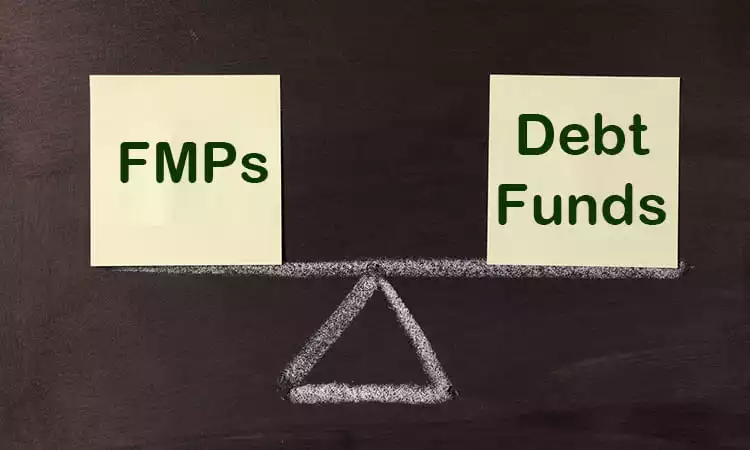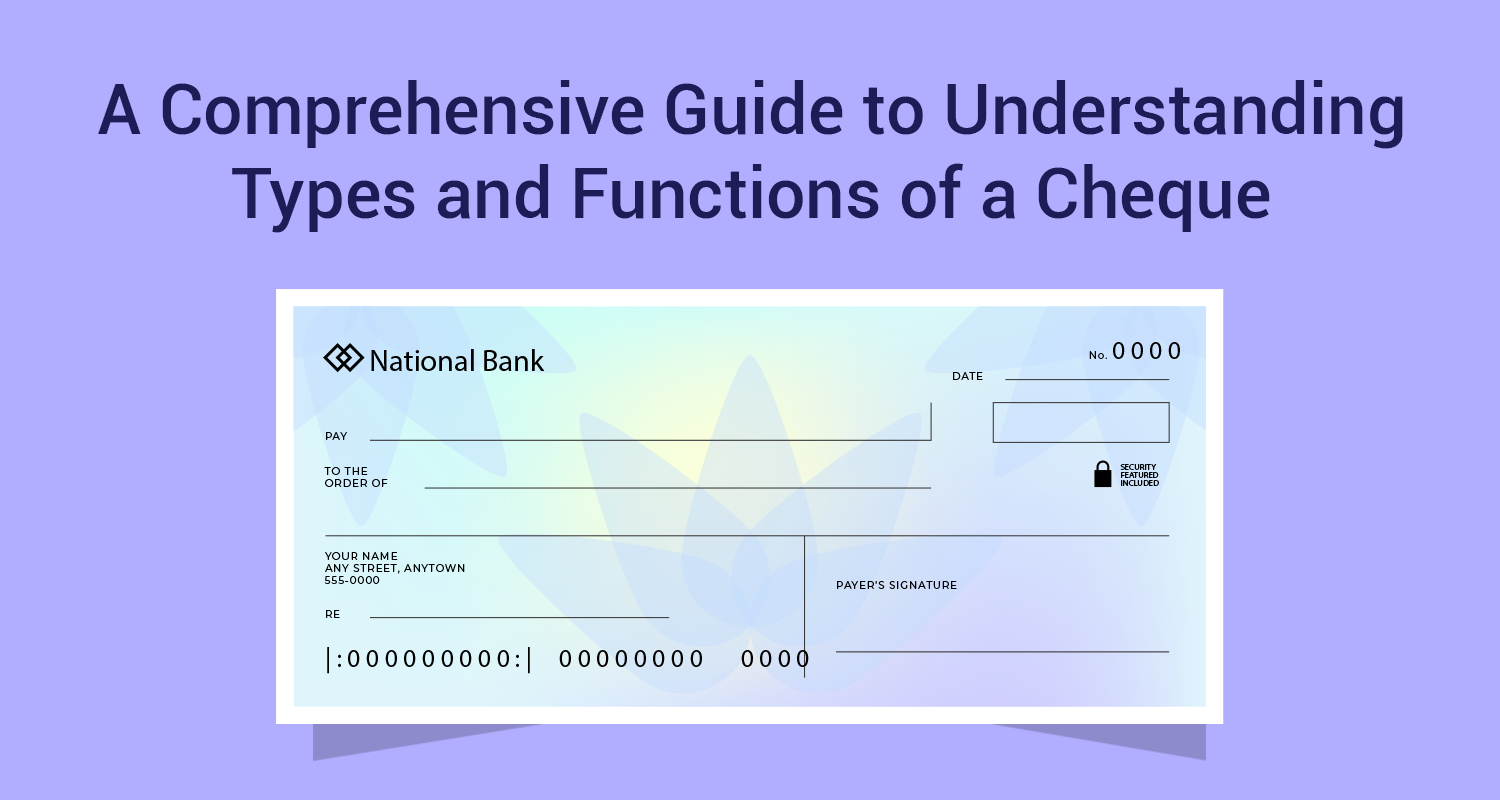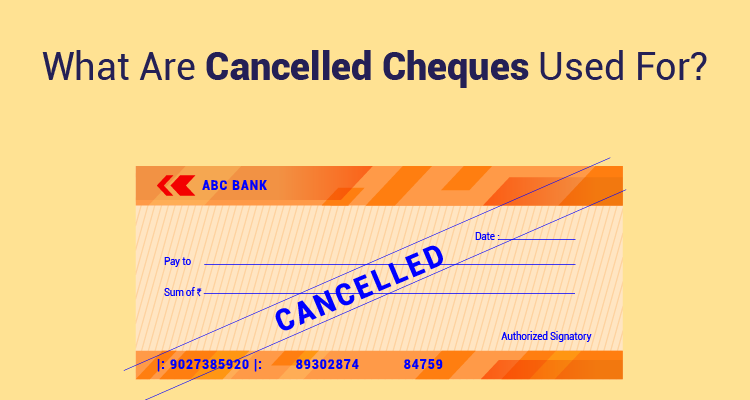What Is The Better Investment Option: FMPs Or Debt Funds?

In a short span of a few months between April 2014 and early 2015, Fixed Maturity Plans (FMPs) of mutual funds were in the news due to the massive redemptions that they had seen to the tune of more than 70% of the AUM. This was triggered by a tax rule shift in the Union Budget 2014 wherein debt funds were to be classified as long-term capital gains only if they were held for more than 3 years. Till then, capital gains on debt funds were classified as long-term if they were held for a period of more than 1 year. But first, what is this FMP all about?
FMPs Are Just One Category Of Debt FundsDebt funds are a broad category of mutual funds that invest predominantly in debt instruments like government bonds, institutional bonds, call money etc. When we talk of debt funds they can either be open ended or closed ended. While debt funds in general are open-ended, FMPs are an example of closed ended debt funds. An open ended debt fund is available for investment and redemption through the year whereas a closed ended fund will be available for purchase and redemption only for a certain interval. The closed ended fund collects monies from investors through an NFO and then it gets locked in for a fixed period. This period can be as low as 1-3 months or as high as beyond 3 years.
What Is The Unique Feature Of An FMP?Unlike what a lot of investors tend to believe, FMPs are not assured return products. However, they tend to become like quasi-assured return products. Here is why. An FMP has an indicative return that is calculated based on what the securities are currently earning. The advantage of an FMP is that it is locked into a fixed maturity and so the fund can buy securities that exactly match with the maturity of the FMP. For example, if there is a 6-months FMP then the fund can buy debt securities that have an outstanding maturity of 6 months. This will ensure that the interest rate risk is eliminated and the FMP becomes immune to the movement in rates.
Who Should Invest In An FMP And Why?The common question confronting most investors is who should invest in an FMP and what is the ideal time to invest in an FMP? The answer is there is no ideal time to invest in an FMP and it is suitable if you can lock in your funds for a fixed period of time. For example,e if you can lock in your funds for 6 months, then you can opt for a 6-month FMP. Similarly, if you have a capacity to lock in funds for 3 years then you can opt for a 3 year FMP. Once your funds are locked into an FMP, then the interest rate risk is quite limited. You should earn as much as is offered by the securities of matching maturities.
One more thing you need to realize is that FMPs are listed on a stock exchange and traded. In fact, as per SEBI regulations, all closed ended funds are required to be listed and traded on stock exchanges. This gives you secondary market liquidity in case you want to exit, although it does entail a high cost.
The bottom-line is that FMPs are a kind of debt fund that is closed ended and hence is able to give indicative returns by matching the investment profile of the fund with that of the maturity period of the FMP.
Disclaimer: The information contained in this post is for general information purposes only. IIFL Finance Limited (including its associates and affiliates) ("the Company") assumes no liability or responsibility for any errors or omissions in the contents of this post and under no circumstances shall the Company be liable for any damage, loss, injury or disappointment etc. suffered by any reader. All information in this post is provided "as is", with no guarantee of completeness, accuracy, timeliness or of the results etc. obtained from the use of this information, and without warranty of any kind, express or implied, including, but not limited to warranties of performance, merchantability and fitness for a particular purpose. Given the changing nature of laws, rules and regulations, there may be delays, omissions or inaccuracies in the information contained in this post. The information on this post is provided with the understanding that the Company is not herein engaged in rendering legal, accounting, tax, or other professional advice and services. As such, it should not be used as a substitute for consultation with professional accounting, tax, legal or other competent advisers. This post may contain views and opinions which are those of the authors and do not necessarily reflect the official policy or position of any other agency or organization. This post may also contain links to external websites that are not provided or maintained by or in any way affiliated with the Company and the Company does not guarantee the accuracy, relevance, timeliness, or completeness of any information on these external websites. Any/ all (Gold/ Personal/ Business) loan product specifications and information that maybe stated in this post are subject to change from time to time, readers are advised to reach out to the Company for current specifications of the said (Gold/ Personal/ Business) loan.



